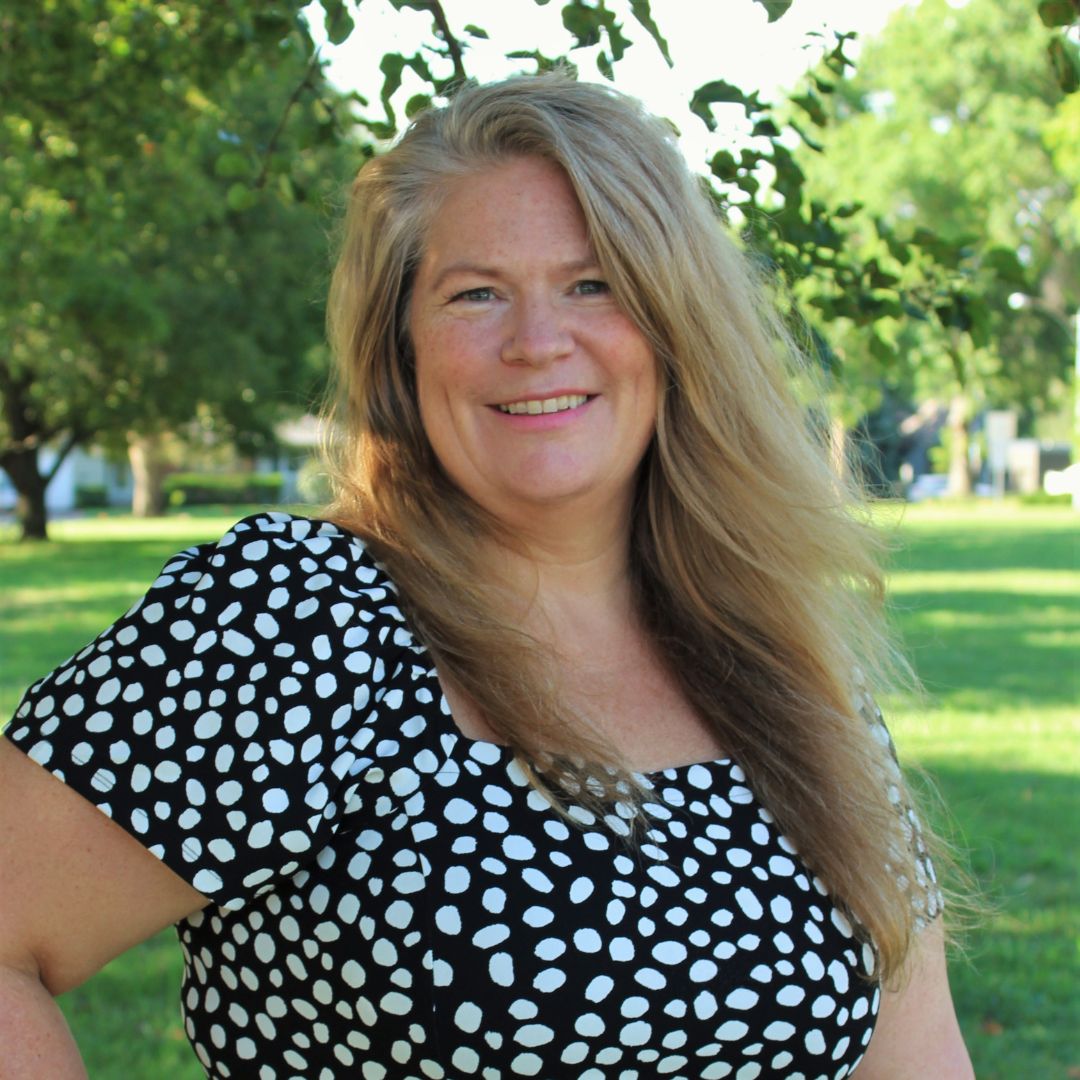Dyslexia Affects Math Learning Too!
Jun 27, 2023

Research now shows that 30-70% of students with dyslexia have math learning difficulties, even without a formal math learning disability diagnosis. Dyslexic students may develop areas of unfinished learning or educational gaps because math is learned vertically. Without a firm foundation and strong skills to link the learning of known to new math concepts and procedures, growth is affected.
Students may struggle with multiplication facts, fractions and decimals, multi-digit multiplication, and long division procedures. These problems occur even with students who demonstrated strong number sense early.
Many students have problems with sequence and understanding of order. This can affect areas other than math such as story development in writing class, understanding the order of events in history, or completing a science procedure. The process and order of math procedures are affected as well. Students may also struggle with following directions.
As with much learning, students forget previous knowledge frequently, so strong visual patterns and linking ties must be built into the instruction. Students with language-based learning needs need specific instruction and explicit language to understand and remember mathematical terms and processes.
Many dyslexic students have strong spatial awareness, pattern recognition abilities, and visual processing. With direct and explicit multisensory instruction these additional strengths help them become very strong and creative math students.
Math learning disabilities do continue to affect adults. Math is used in everyday tasks. Our ability to tell time, plan schedules, manage a budget, calculate distances for travel and even just split a check and figure out a tip at a restaurant require mathematical ability. As many as one in four adults today have a fear of math. Many more have increased anxiety and stress when faced with these everyday occurrences of mathematics in life. The UK has developed a research quiz to track this; you can find it here: Take the National Numeracy Challenge
There is a solution to this and students develop a strong understanding of the “why” of math, the link of the meaning of language in the mathematical terms, and ways to remember the process of math algorithms. At Horizon Academy, we use Marilyn Zecher’s Multisensory Math Approach to help students be successful and confident in the math classroom. Evidence-based and conceptually focused with a heavy emphasis on initial concrete and hands-on instruction, students understand why they are doing math. It is the emphasis on explicit instructional language that sets this approach apart, making math accessible to all students. Multisensory in the Orton-Gillingham tradition, its CRA instruction methods are adaptable to any curriculum, textbook, or program.
We utilized a different way of thinking about teaching math concepts. This multisensory approach is not simply based on manipulatives but focuses on instructional language as the key to unlocking mathematics for all learners. It is vital for dyslexic students to learn math using these methods.
Mathematics understanding opens options to students. Fear of math should not stop anyone. Learning in the most effective way allows all students to achieve and feel more confident in their mathematical abilities every day.
By Nichole Morrissey
nmorrissey@horizon-academy.com
Director of Math Instruction and Intervention
Horizon Academy
Horizon Academy empowers students diagnosed with dyslexia and other language-based learning disabilities to become effective learners and confident self-advocates.
